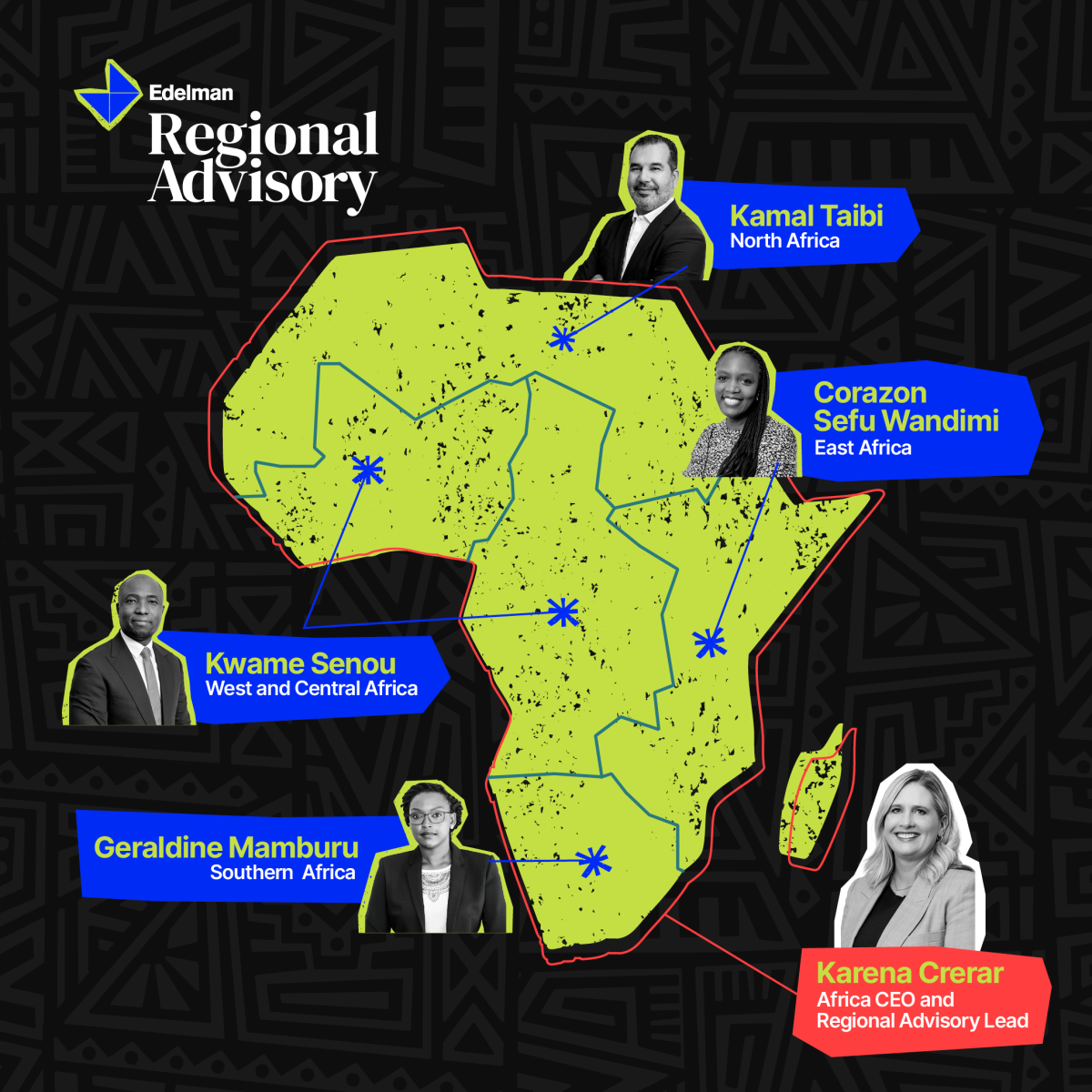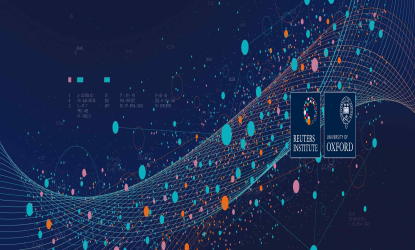In an era of medical breakthroughs, digital health tools, and real-time updates from global health authorities, you’d think we’d be feeling more secure about our health than ever. Yet the 2025 Edelman Trust Barometer Special Report: Trust and Health reveals a paradox - while access to health information has never been easier, trust in the sources providing it is increasingly fractured.
This is especially true across Asia Pacific. The latest report from Edelman shows that although institutions such as governments, businesses, and NGOs are still relatively well trusted in many countries in the APAC region, that trust is becoming more fragile. Meanwhile, trust in health media reporting varies dramatically across markets - from some of the highest to some of the lowest levels globally.
Should we be concerned? Perhaps. But I’d argue that a healthy dose of scepticism isn’t necessarily a threat - it might actually be the foundation of a more informed public health conversation.
We spoke to 7,000 people across the Asia Pacific region and, across most markets, more than two-thirds of respondents in the region feel confident in their ability to find trustworthy health information, and in most markets three-quarters or more believe they can distinguish good advice from bad. That’s a sign of growing self-reliance and critical thinking. It suggests we’re shifting away from blind acceptance of health messaging and toward a more participatory model of health literacy.
Of course, there’s a downside. This year’s study, which spoke to people in Australia, India, China, Korea, Japan, Singapore and Indonesia also shows that young adults between the ages of 18 to 34, are most influenced by uncredentialed voices, and are most likely to disregard provider advice in favour of guidance found on social media. And, over half of young people globally admit to having made a regrettable health decision based on misinformation. But rather than trying to reinstate top-down control over health narratives, perhaps we should embrace the opportunity this scepticism presents?
We’re witnessing a redefinition of credibility in health literacy and information gathering. It’s no longer just about long academic titles or prestigious institutional affiliation. People want to hear from others like themselves who’ve lived through similar health experiences. Personal storytelling now carries weight, and when paired with credible science, it can be a powerful tool for public understanding.
This shift places new responsibilities on those of us working in health communications, policy, and leadership. We can’t afford to assume trust. We must earn it. That means showing up with consistency, empathy, and transparency. It means respecting the intelligence of the public and resisting the urge to oversimplify complex issues while at the same time speaking in regular language that makes sense to regular people. And perhaps most importantly, if the last five years have taught us nothing else, it means being prepared to say “we don’t know yet” as we share what we are doing in the fight for better health outcomes.
It also means advocating for better-quality health information ecosystems. From strengthening health journalism and improving transparency on social platforms, to equipping healthcare providers with communications tools - they all matter. So too does engaging local voices who can make messages resonate in culturally meaningful ways.
There’s a reason that the phrase ‘Healthy Scepticism’ resonates to loudly with so many people and for my money, when channelled constructively, it sharpens our thinking. It fosters discernment. And in a time when misinformation can move faster than science, healthy scepticism may be one of the most powerful defences we have.
So let’s not fear scepticism. Let’s invite it - and if we do this with clarity, humility and authenticity perhaps we can help the next generation of health consumers to push for a better and more balanced health system.
Will Collie is Vice Chair for Health in APAC at Edelman.







